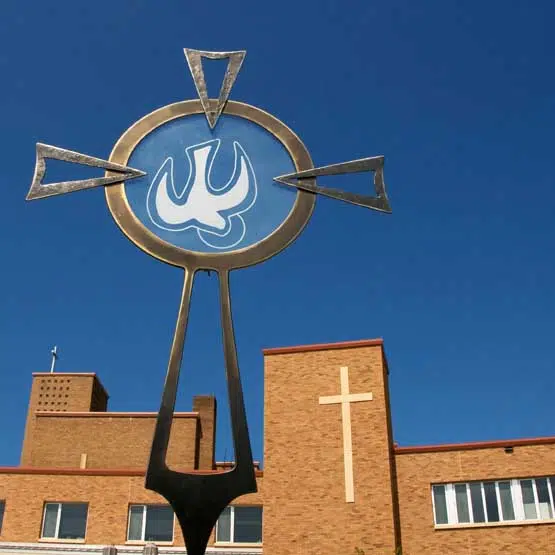SKOPJE (Reuters) – Progress towards European Union membership is the only way to counter Russian influence in the Western Balkan region, North Macedonia’s foreign minister said after talks on Thursday with his German counterpart, who promised support.
All six Western Balkan states – Albania, Bosnia, Kosovo, Montenegro, North Macedonia and Serbia – are at different stages of the EU accession process as they recover from the wars of the 1990s.
North Macedonia’s Foreign Minister Bujar Osmani said he and German Foreign Minister Annalena Baerbock discussed Russian influence, which is “a threat to peace and stability in the region”.
The country was granted candidate status for EU membership in 2004, but the process stalled over a dispute with Greece over its name, which was resolved in 2018. An ongoing disagreement with Bulgaria over constitutional changes has further held up negotiations.
To restart the process, North Macedonia’s ruling coalition needs to secure a two-thirds majority in the parliament for the constitutional changes that have upset neighbouring Bulgaria.
Osmani accused Russia of relying on “people’s objective dissatisfaction with the difficult European integration process,” adding it was necessary to restore credibility to the process.
Pledging support, Baerbock said: “You have my word: we will not leave you out in the rain.”
(Reporting by Alexander Ratz, Aleksandar Vasovic and Ivana Sekularac; editing by Barbara Lewis)


